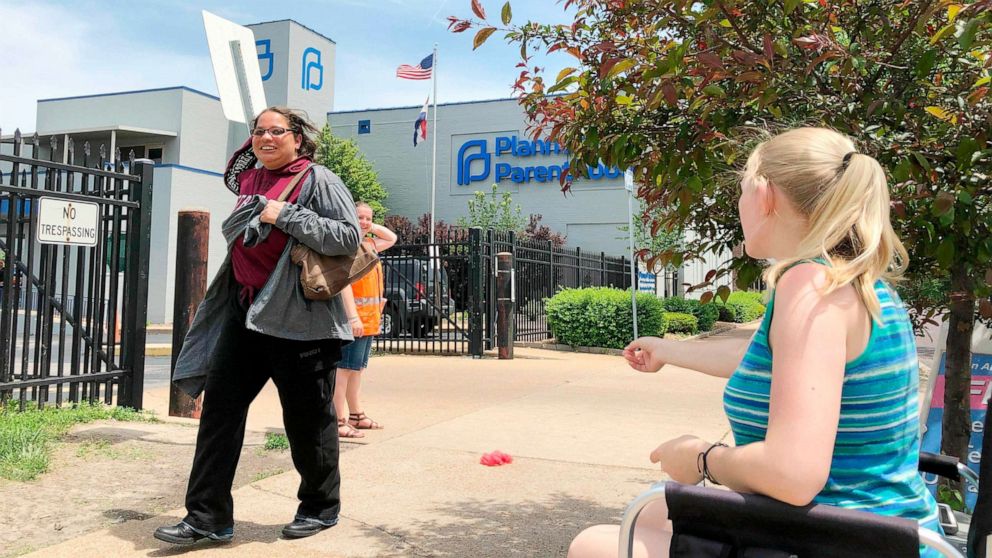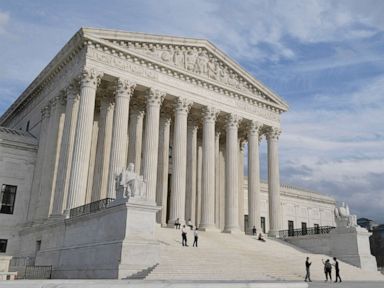



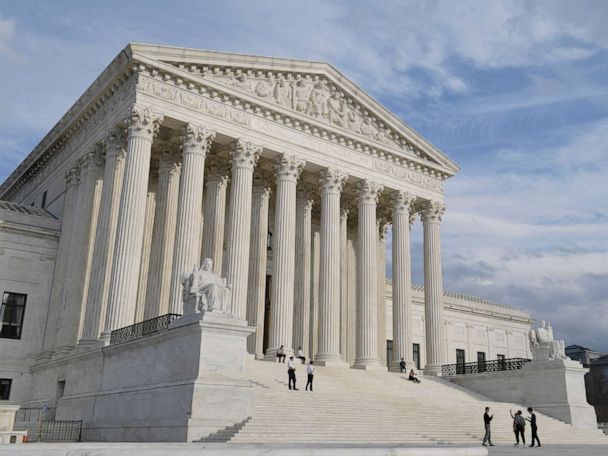
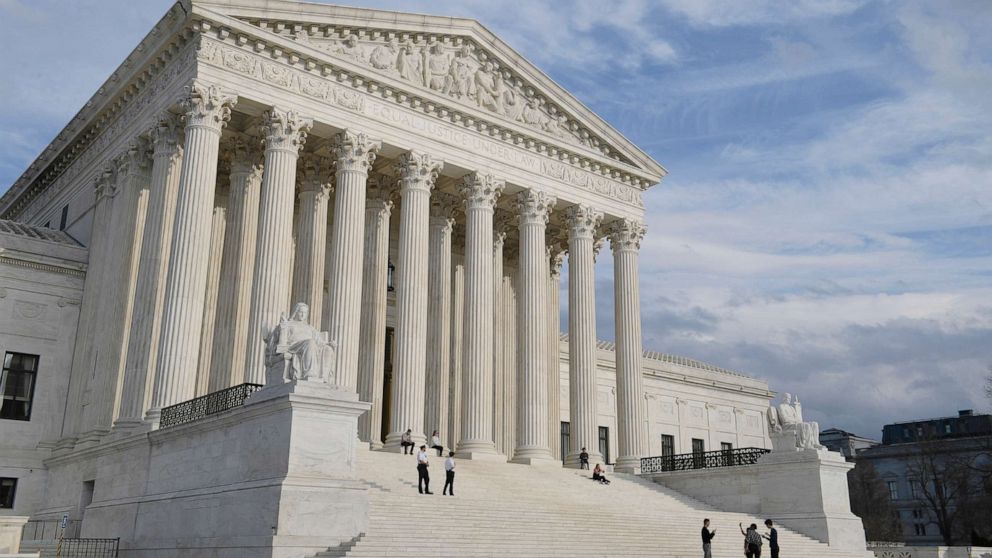
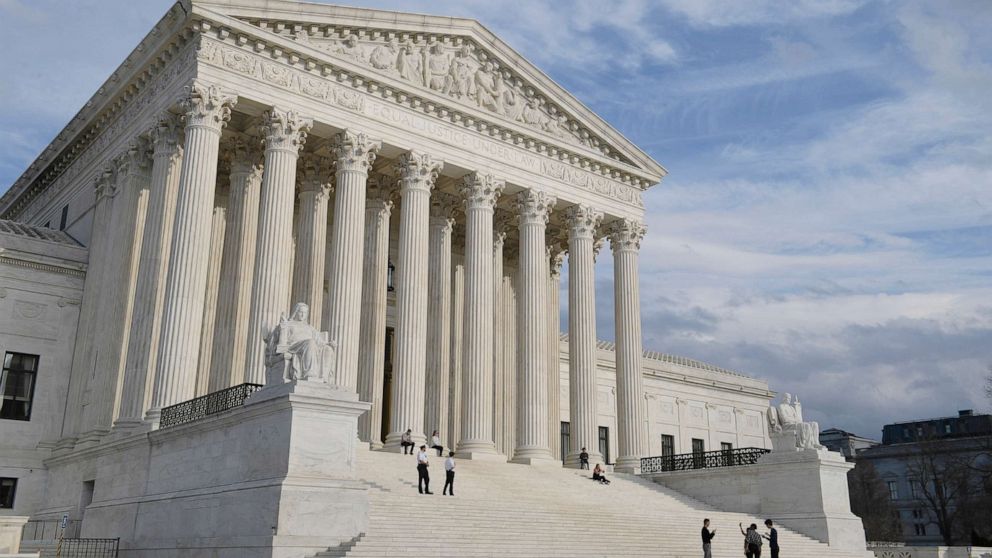
The Supreme Court on Tuesday let stand a lower court ruling invalidating an Indiana ban on abortions solely on the basis of sex, race or disability. But a majority of the justices also said the state’s requirement that fetal remains be buried or cremated after an abortion should be allowed to take effect.
The split decision, issued without hearing oral arguments, keeps abortion off the court’s docket for now, even as several states pursue new restrictions on the procedure with the express goal of a Supreme Court review.
The justices make clear in the per curiam opinion they are not taking a position on the merits of Indiana’s ban, but rather declining to consider the matter because of “our ordinary practice of denying petitions insofar as they raise legal issues that have not been considered by additional courts of appeals.”
The 7th Circuit Court of Appeals ruled that Indiana’s ban on “selective” abortions imposed an “undue burden” on women. That part of the state law, which was signed by then-Gov. Mike Pence in 2016, remains blocked.
Justice Clarence Thomas, in a 20-page concurring opinion, wrote that “further percolation” of the issue was necessary, but he made clear that he is inclined to uphold Indiana’s ban. His writings offer a rare glimpse into the mind of a key member of the court’s new conservative majority at a time when abortion opponents are imploring it to reconsider Roe v. Wade.
While several states rush to enact strict, blanket bans on the procedure, Thomas seems to suggest that more modest restrictions to the types and circumstances of abortions might have a greater likelihood of succeeding if challenged.
“Abortion is an act rife with the potential for eugenic manipulation,” Thomas writes, detailing what he says are the discriminatory and immoral underpinnings of the procedure, first heavily promoted by Planned Parenthood founder Margaret Sanger.
The court has recognized a woman’s categorical “right to terminate her pregnancy prior to viability,” he says, but “it did not decide whether the Constitution requires states to allow eugenic abortions.”
“The court has been zealous in vindicating the rights of people even potentially subjected to race, sex and disability discrimination,” Thomas writes. “Having created the constitutional right to an abortion, this Court is dutybound to address its scope.”
The court’s review of Indiana’s abortion law was a split decision.
The justices concluded 7-2 that the state of Indiana has a “legitimate interest in the proper disposal of fetal remains” and that a requirement to bury or cremate an aborted fetus does not impose an “undue burden” on access to abortion.
Justices Ruth Bader Ginsburg and Sonia Sotomayor both would have let stand a lower court ruling blocking the provision. In a dissent, Ginsburg argues that disposition of fetal remains “implicates” the right of a woman to access an abortion “without undue interference from the state.”
“Today the Court let another unwarranted restriction on abortion stand. While this ruling is limited, the law is part of a larger trend of state laws designed to stigmatize and drive abortion care out of reach,” Jennifer Dalven, Director of the ACLU Reproductive Freedom Project, said in a statement.

